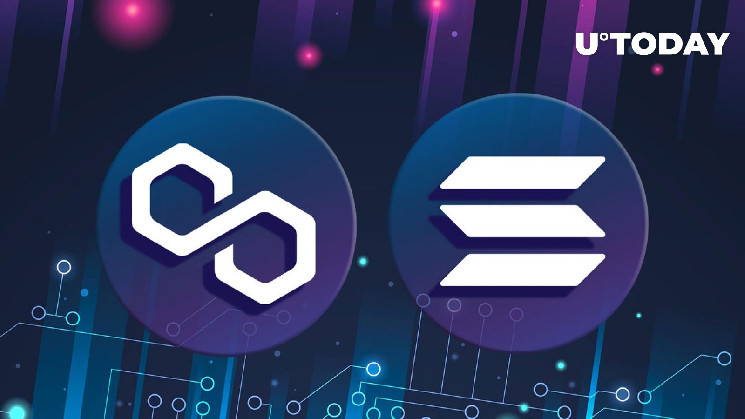Blockchain
Jordi Baylina, a core developer of Polygon zkEVM, an upcoming L2 scaler on zero-knowledge proofs (ZKPs), disagreed with Anatoly Yakovenko’s take on scalability solutions.
Polygon’s (MATIC) Jordi Baylina dismissed attack on ZK rollups
On his Twitter, Solana (SOL) co-founder Anatoly Yakovenko claimed that provers (elements of L2 systems responsible for the validity of transactions broadcast to the L1 mainnet) are unable to keep up with the underlying chain.
1/15
The scalability of a #zkRollup IS NOT limited by the prove.I’m detecting some missunderstandings of how a zkRollup works.
Let me explain in this thread why the prover is not the limiting factor and what are the actual limitetions of zk ( and optimistic ) rollups. pic.twitter.com/cNtaBgteAZ
— Jordi Baylina – baylina.eth ???? (@jbaylina) February 25, 2023
For them, the only opportunity to keep the same speed as the L1 is when data loads are intermittent. However, in real blockchain systems, this requirement cannot be met.
As such, the way Solana (SOL) addresses the scaling problem is the only productive one: it processes a never-ending chain of state dependencies. Baylina disagreed and shared his thoughts on the real limitations of ZK-centric designs.
According to him, the data aggregation processes between L1 and L2 can be organized in “parallel” trees of proofs. This system is flexible and has no design bottlenecks — at least, in the case of zkEVM by Polygon (MATIC):
So you can build a tree of proofs where the root proves a full chain segment. You can build this tree with the shape you want and in parallel
On actual roadblocks for ZK-based systems
He added that the sending of aggregated proof on-chain is a one-time event that takes 30 minutes in the case of Polygon’s (MATIC) zkEVM.
However, ZK-based systems also have some limitations. For instance, data availability problems are yet to be addressed. In this regard, the implementation of danksharding and the EIP 4844 update can be productive for Ethereum (ETH) and its rollups.
As covered by U.Today previously, Polygon (MATIC) is going to roll out its zkEVM scaling solution on March 27, 2023. It is set to push the barriers of resource-efficiency and transactional speed for Ethereum-based blockchain systems.


